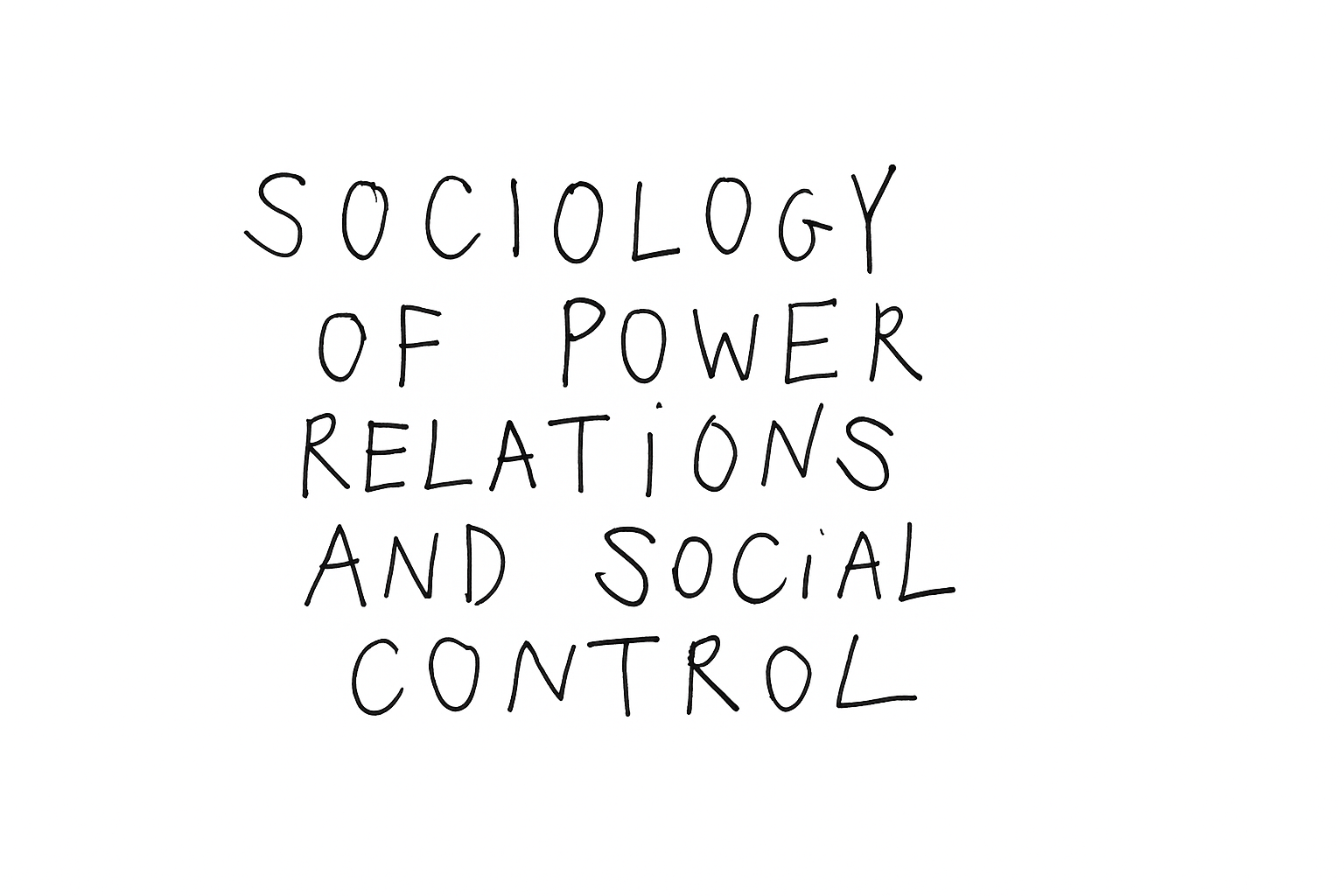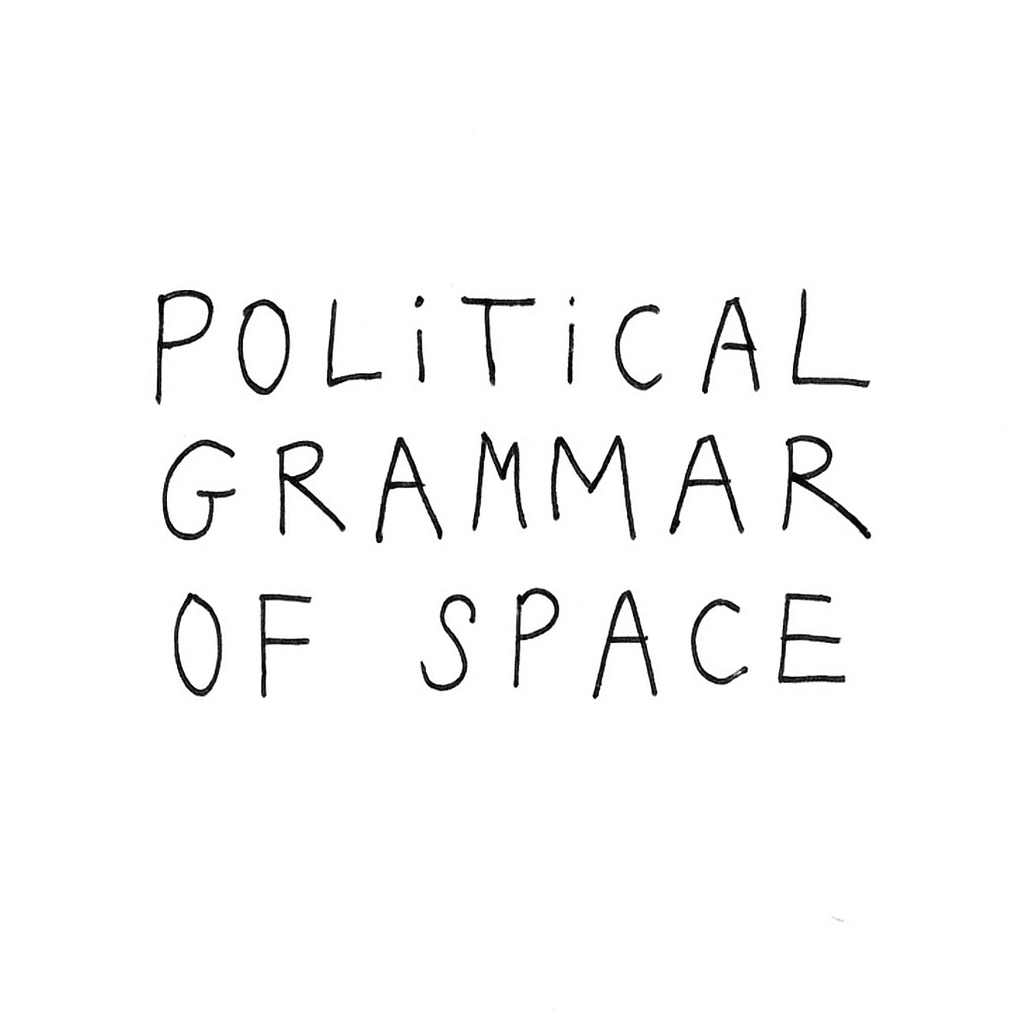
The gravity of suffering.
Pain is like gravity—inescapable, invisible, and profoundly shaping. It anchors us, teaches us, weighs on us. Yet within its heaviness lies an unexpected strength. Suffering rewrites us, but does not define us. It is a companion, not our master. We carry it, translate it, resist it—and in doing so, remain human.

Italy's unspoken epidemic: gender violence and the call for intersectional urbanism.
Italy’s epidemic of gender violence demands more than outrage—it calls for a transformation of space. Intersectional urbanism offers a path forward: to reclaim cities as places of resistance, care, and justice. Not through cosmetic reforms, but through radical redesign—where every street becomes a stand against patriarchy, and every public space affirms the right to live without fear.

The imperative of traceability.
Accountability is not optional—it’s the foundation of democracy.
In the face of escalating violence against peaceful protesters, the absence of officer identification numbers in Italy is no longer tolerable. Traceability is a democratic imperative: without it, justice falters and trust erodes. To protect civil rights, every officer must be identifiable. Transparency is not an abstract value—it is the precondition of true security.

No-stop city: reflections on the transformation of Italian squares in the digital era.
Italian squares are no longer just historical landmarks—they are battlegrounds between memory and market, presence and digitization. As urban spaces grow more commercial and privatized, the square risks becoming a stage without a public. To reclaim it means defending its political essence: a space for encounter, dissent, and democratic life. In the age of the No-Stop City, slowing down and reoccupying public space becomes a radical act.
